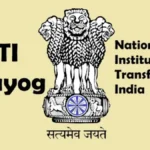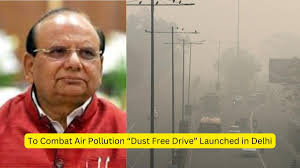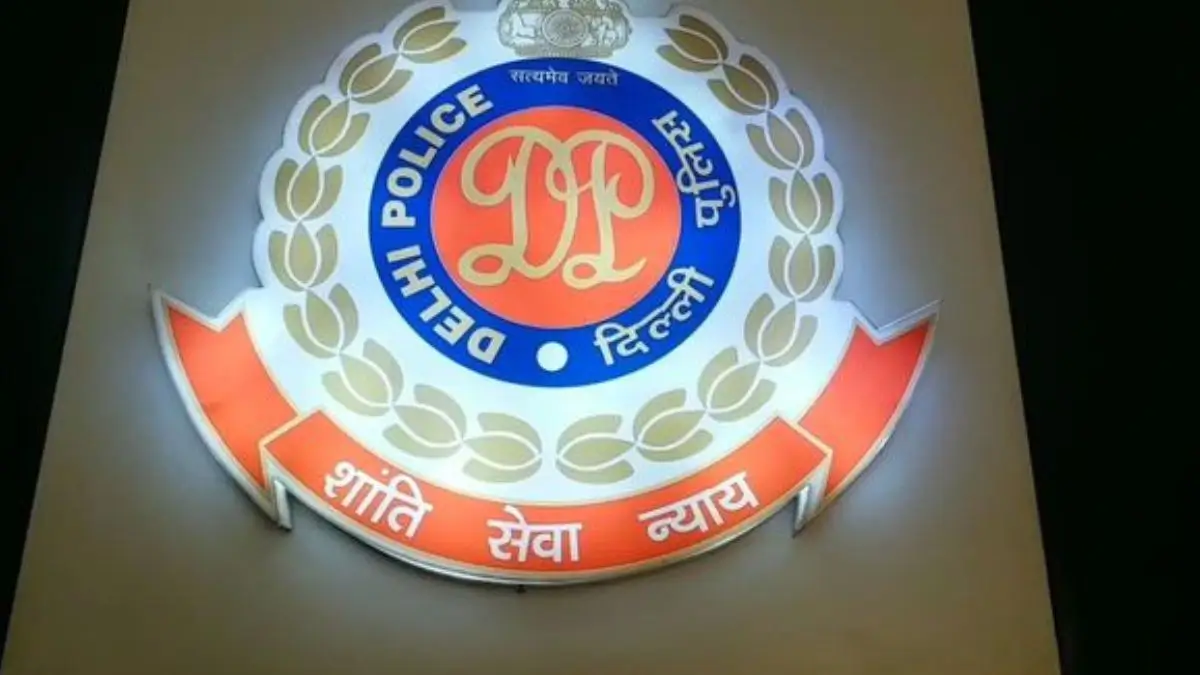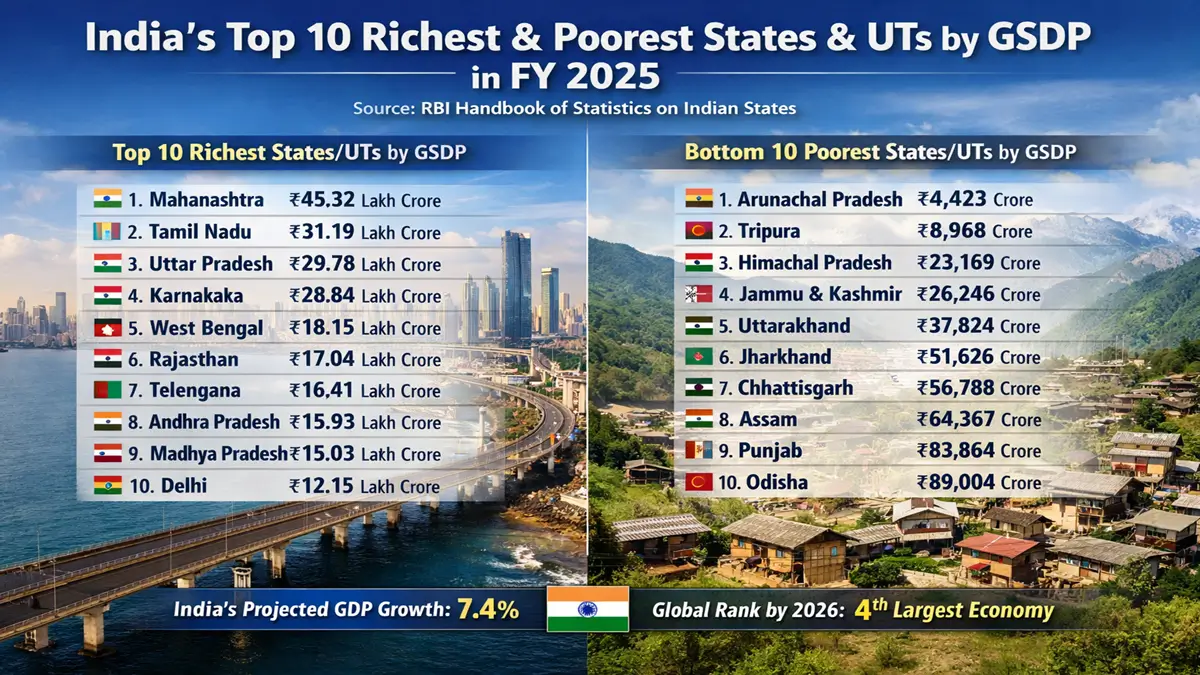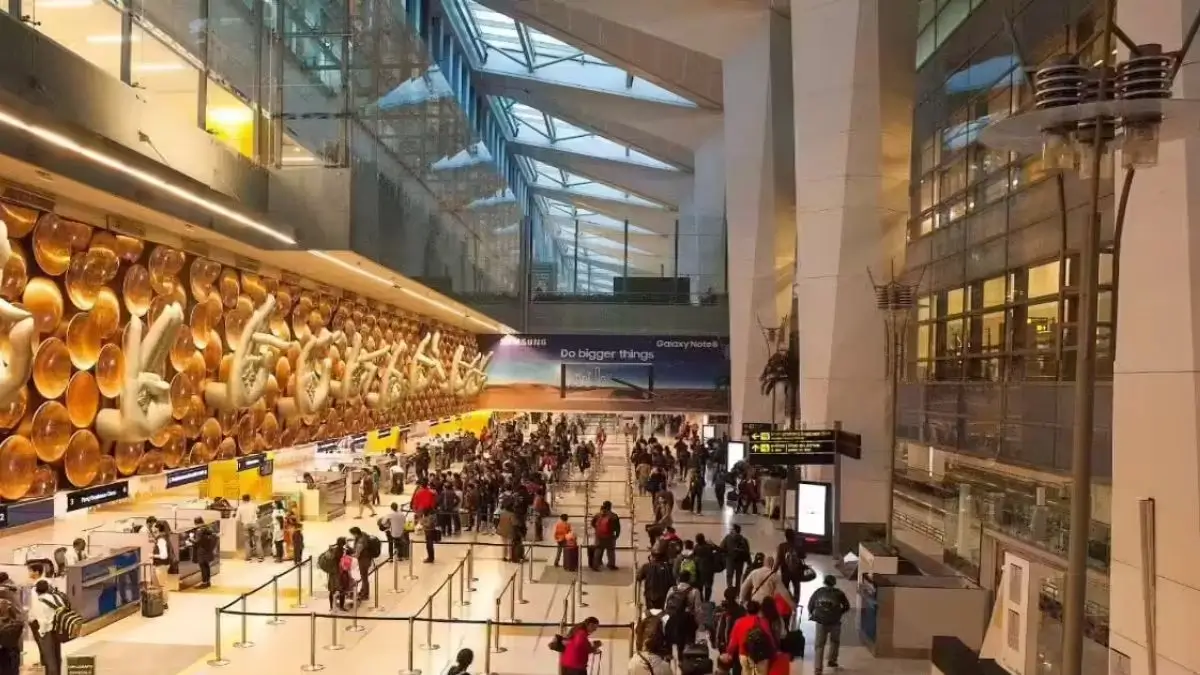Dust Free Drive Launched in Delhi to Combat Air Pollution
Delhi, the capital of India, has recently witnessed a concerning rise in air pollution levels, particularly due to dust and particulate matter. To tackle this pressing issue, the Delhi government has launched a new initiative known as the “Dust Free Drive.” This drive aims to mitigate dust pollution by implementing stringent measures across the city.
Objectives of the Dust Free Drive
The primary objective of the Dust Free Drive is to reduce the emission of dust from construction sites, roads, and other urban activities that contribute significantly to air pollution. The initiative will involve regular monitoring of air quality and enforcing compliance with dust control measures by construction companies and municipal bodies. This proactive approach is expected to enhance the overall air quality in Delhi, especially during the critical months of winter when pollution levels typically soar.
Implementation Strategies
As part of the Dust Free Drive, several strategies will be implemented. The Delhi government has mandated the use of water sprinklers on roads and construction sites to suppress dust. Furthermore, officials will conduct surprise inspections to ensure adherence to the guidelines. The drive also promotes public awareness campaigns to educate residents about the importance of minimizing dust pollution and adopting sustainable practices.
Community Involvement
The success of the Dust Free Drive will rely heavily on community participation. Citizens are encouraged to report instances of dust pollution, such as unregulated construction activities or poorly maintained roads. By fostering a sense of responsibility among residents, the initiative aims to create a cleaner and healthier environment for all.
Conclusion
The Dust Free Drive launched by the Delhi government is a significant step towards addressing the persistent issue of air pollution. By focusing on dust control measures and involving the community, this initiative seeks to improve air quality and promote public health in one of the world’s most polluted cities.
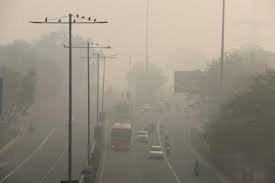
Why This News is Important
Addressing Public Health Concerns
Air pollution poses a serious threat to public health, leading to respiratory diseases, cardiovascular issues, and other health complications. The launch of the Dust Free Drive is crucial in mitigating these health risks, particularly in densely populated areas like Delhi, where air quality often deteriorates significantly.
Legal and Regulatory Framework
The initiative is also significant from a regulatory standpoint, as it establishes a framework for monitoring and controlling dust emissions. By enforcing compliance among construction companies and municipal authorities, the government can hold entities accountable for their role in contributing to air pollution.
Environmental Impact
The Dust Free Drive aligns with broader environmental goals, including the promotion of sustainable urban development. By focusing on dust pollution, the initiative not only aims to improve air quality but also contributes to the overall environmental health of the region.
Raising Public Awareness
This drive emphasizes the importance of community involvement in combating air pollution. By educating citizens about their role in maintaining air quality, the initiative fosters a collective responsibility towards environmental sustainability.
Long-term Benefits
While immediate actions are essential, the Dust Free Drive aims for long-term improvements in air quality. Through continuous monitoring and community engagement, the initiative hopes to create lasting changes that will benefit future generations.
Historical Context
Air pollution has been a persistent issue in Delhi for decades, exacerbated by rapid urbanization, industrialization, and vehicular emissions. The city often ranks among the most polluted in the world, particularly during the winter months when weather conditions trap pollutants close to the ground.
Previous government initiatives, such as the Graded Response Action Plan (GRAP) and various campaigns to reduce stubble burning in neighboring states, have aimed to combat air pollution. However, dust pollution from construction activities and unpaved roads has remained a significant challenge. The introduction of the Dust Free Drive marks a targeted effort to address this specific source of pollution and improve the overall air quality in the capital.
Key Takeaways from “Dust Free Drive Launched in Delhi”
| Serial No. | Key Takeaway |
|---|---|
| 1 | The Dust Free Drive aims to reduce dust pollution in Delhi. |
| 2 | The initiative includes mandatory use of water sprinklers on construction sites. |
| 3 | Surprise inspections will be conducted to ensure compliance. |
| 4 | Community involvement is crucial for the drive’s success. |
| 5 | The initiative addresses both public health and environmental concerns. |
Important FAQs for Students from this News
1. What is the Dust Free Drive?
The Dust Free Drive is an initiative launched by the Delhi government aimed at reducing dust pollution in the city through various measures, including the use of water sprinklers and regular monitoring of air quality.
2. Why is air pollution a concern in Delhi?
Delhi frequently ranks among the most polluted cities globally due to factors like vehicular emissions, industrial activities, and construction dust. This leads to severe public health risks, especially during winter months when pollution levels spike.
3. How will the Dust Free Drive be implemented?
The drive will involve enforcing guidelines for dust control at construction sites, using water sprinklers to suppress dust, conducting surprise inspections, and promoting public awareness about dust pollution.
4. What role does the community play in this initiative?
Community involvement is essential for the success of the Dust Free Drive. Citizens are encouraged to report instances of dust pollution, thereby fostering a collective responsibility toward maintaining air quality.
5. What are the long-term goals of the Dust Free Drive?
The long-term goals include improving air quality, promoting public health, and creating sustainable practices that will benefit future generations living in urban areas like Delhi.
Some Important Current Affairs Links









